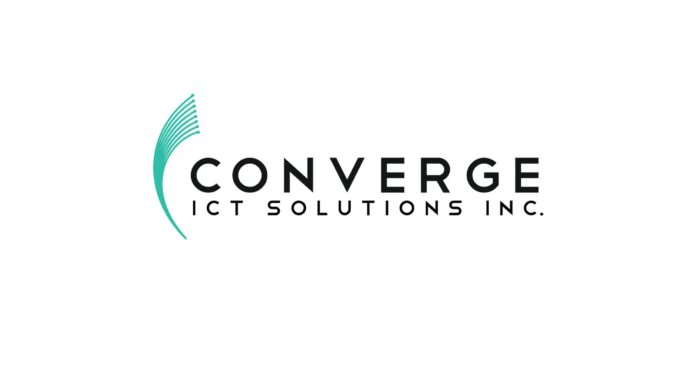With the aggressive fiber network rollout behind it, Converge Information and Communications Technology Solutions Inc. has cut back its capital expenditure budget this year, planning its first dividend payout as early as 2023 and, considering an asset sale and leaseback approach adopted by mobile firms for telecom towers that free up substantial amounts of capital.
Converge co-founder Dennis Anthony Uy told Context.ph that several infrastructure funds have already approached the only pure fiber play on the Philippine Stock Exchange with proposals to purchase its fixed broadband network and lease it back to the company.
Uy said the company has invested since 2018 around $2 billion to build and extend the reach of its fiber optic network. He said agreeing to such an arrangement, on its face, will be financially-rewarding for Converge.
“I want to understand what the (business) model is. At the end of the day, if the company doesn’t need the capital, I won’t rush to do that because it is just simple financial engineering,” said Uy.
He said, however, that if the proposal is just viewed “on the opportunity side, it makes sense” to sell the network operation and allow even competitors to use the digital highway that Converge built across the country.
“You could carve out the infrastructure segment and your business is still there,” said Uy, noting that the franchise that allows building the telecom infrastructure will stay with Converge. He pointed out that if at least two operators use the fiber network, it will hasten the return on capital and free up funds for other ventures that Converge might want to pursue.
As Uy weighs the pros and cons of the sale-leaseback proposition, Converge already cut the capital expenditure budget to P12 billion this year from P22 billion in 2022.
“Over the past five years, we spent massively (to rollout the network). In fact, we already reached 8 million ports in the entire country….That’s almost 16 million homes passed, almost 60 percent” of households, he said.
Uy said spending heavily this year is also a challenge given rising interest rates and the supply bottlenecks that increased equipment prices.
Notwithstanding the cut back in capital spending, Uy said Converge will pursue the migration of the remaining 300,000 cable TV subscribers to the Internet Protocol TV system to improve the quality of service and maximize the fiber network.
Converge is also looking at building data centers, with one each initially planned in Angeles City, Quezon City and Cebu City.
Uy said the model that Converge is looking at will mean building in various locations small data centers—possibly the size of a standard container van that could hold 80 racks—which could be set up within weeks at a cost of between $2 million and $3 million. He said a widely spread data center chain should reduce latency and offer better service quality.
But Converge will still build some hyperscale data centers to service companies that require vast data storage and processing, he said.
Uy said the main challenge for the growth of the data center business in the Philippines is the high cost of electricity since these facilities require large amounts of power.
He said a possible solution is adopting the liquid storage being developed in China, which would reduce the power requirement of these facilities.
As Converge eyes a larger subscriber base, new businesses, and lower capital spending, Uy said the company’s board of directors has started to finalize a dividend policy that could result in the list firm’s first dividend payout as early as next year.
“This (dividend policy) has already been discussed by the board. This year, we just have to finish the necessary capex. I think it is possible that by next year…our investors should have a return” on their investment in Converge, said Uy, who points out that he and his wife stand to benefit the most since together they own roughly 68 percent of the company.
Subscriber growth this year, he said, will likely be determined by Converge’s ability to provide prospective customers with affordable products that could wean them away from mobile data services.
Uy said the bulk of prospective customers for the fixed broadband service are in the lower economic strata and outside highly urbanized area where the likely price sweet spot is below P1,000 a month for broadband access without a data cap.
In the first quarter, Converge reported a 10 percent growth net income to P2.2 billion in the first quarter on the continued growth of subscribers, albeit at a slower pace. It ended the first quarter with a total 1.92 million subscribers—the second highest in the industry behind PLDT Home.







